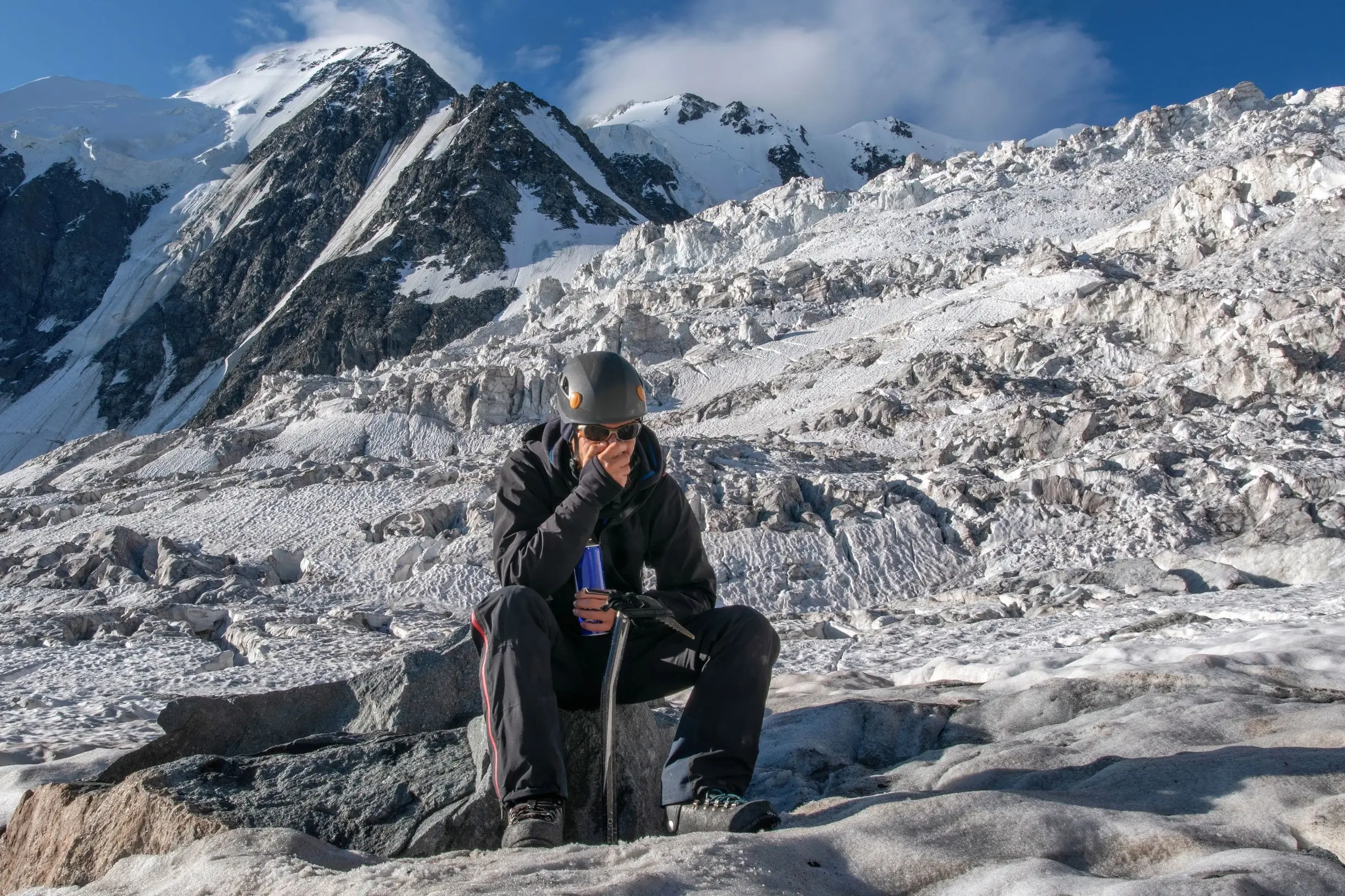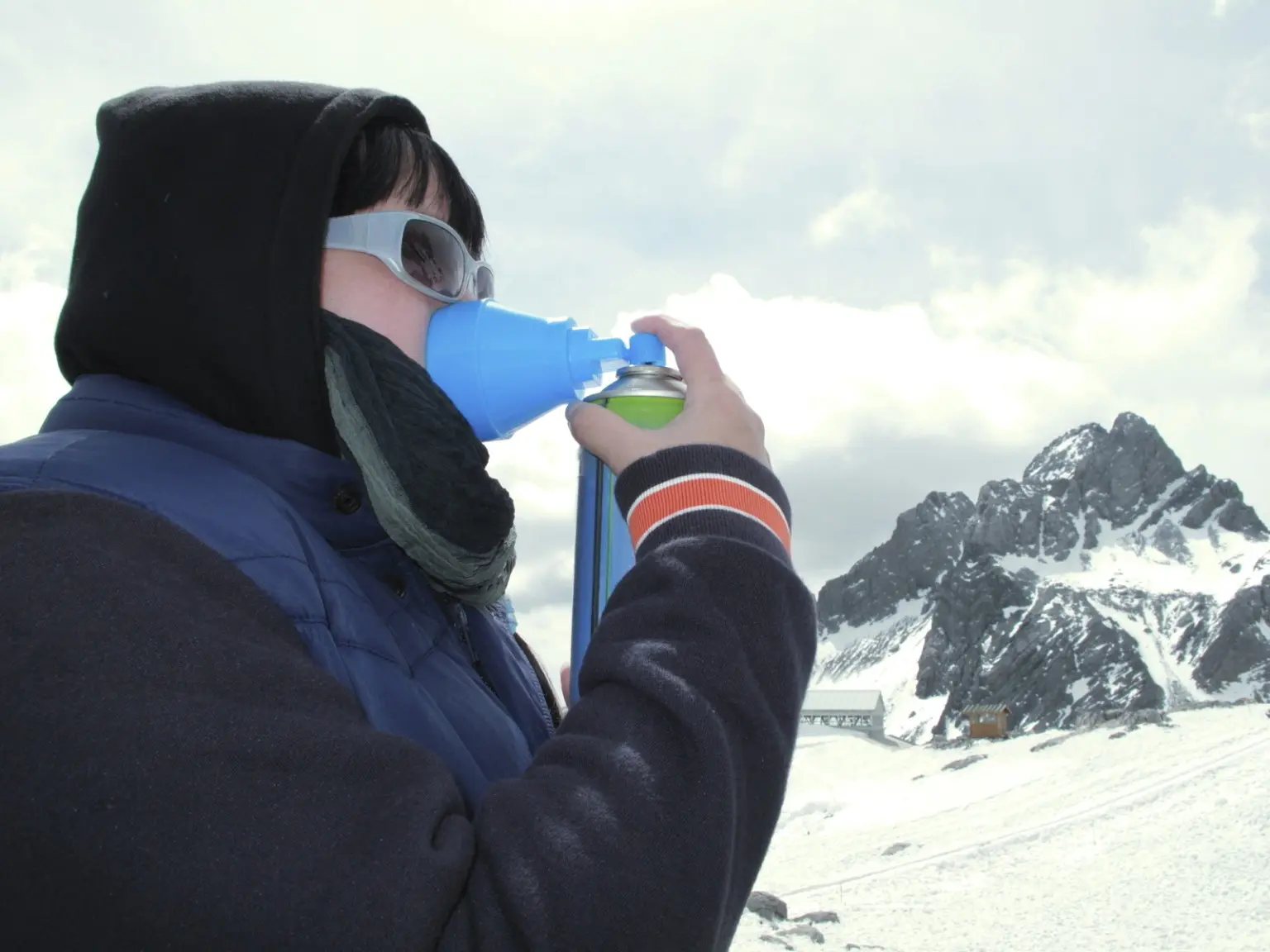Can Altitude Sickness be Cured?
Yes
Generally reversible with descent to lower altitudes or oxygen therapy; prevention involves gradual acclimatization and awareness of risk factors

What is Altitude Sickness?
Altitude sickness occurs when individuals ascend to high altitudes too quickly, and their bodies do not have time to adjust to the lower oxygen levels. Symptoms include headache, nausea, and shortness of breath. Prevention involves gradual acclimatization and staying hydrated. In severe cases, descent to lower altitudes may be necessary.

Clinical Aspects

Characteristics
Symptoms that can occur when ascending to high altitudes, often due to reduced oxygen levels

Symptoms
Headache, nausea, dizziness, shortness of breath

Diagnosis
Clinical examination, based on symptoms

Prognosis
Generally reversible with descent to lower altitudes

Complications
Severe cases may lead to pulmonary or cerebral edema
Etiology and Treatment

Causes
Rapid ascent to high altitudes without acclimatization

Treatments
Gradual acclimatization, oxygen therapy, descent to lower altitude if severe symptoms

Prevention
Gradual acclimatization, oxygen therapy, descent to lower altitude if severe symptoms
Public Health and Patient Perspectives

Epidemiology
Can affect individuals at high altitudes, especially if ascending too quickly

Patient Perspectives
Gradual ascent and acclimatization are crucial for prevention
Please note that the information provided is based on the current understanding of these conditions and treatments may vary based on individual circumstances. Always consult with a healthcare provider for accurate information.
Share: